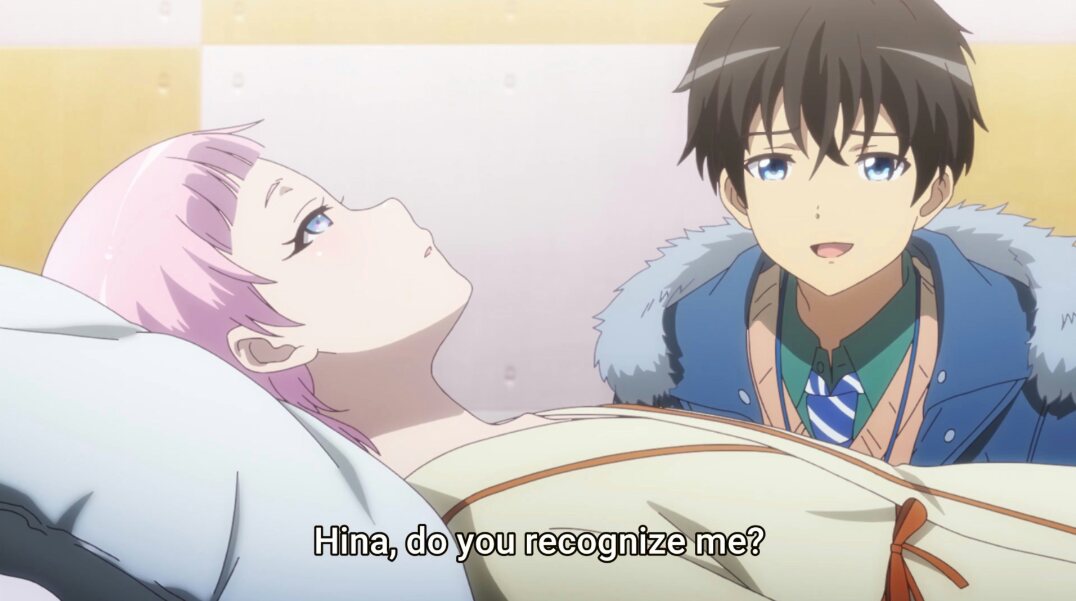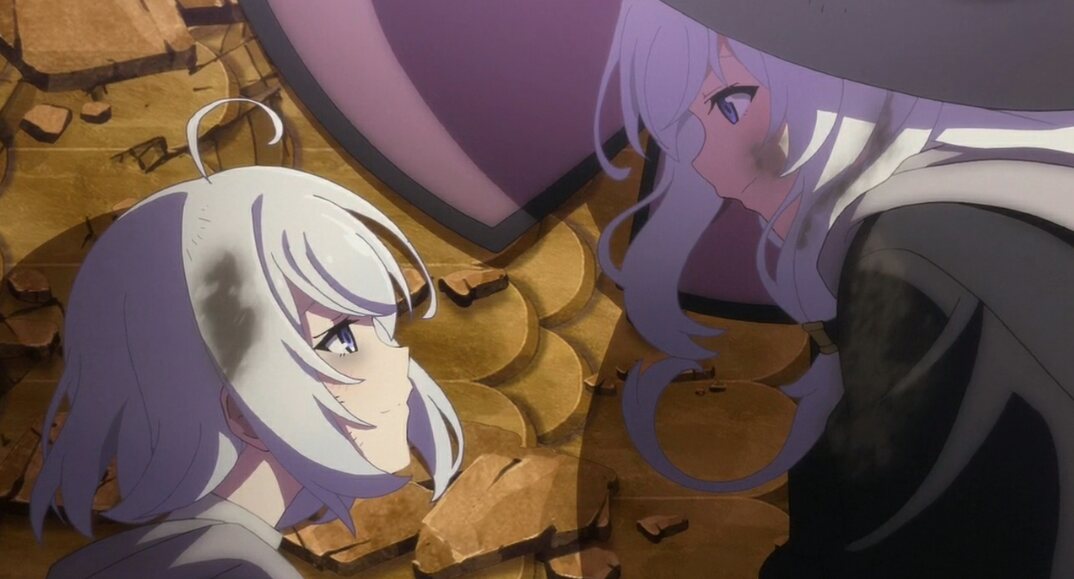SEASONAL PRATTLE
Majo no Tabitabi departs with a competent episode, showcasing various potential results of Elaina’s travels and anchoring them all back to the essence of her character in the end that makes for a nice thematic finish. A great deal of this show’s core strengths come down to how engageable and neatly composed its most immediate elements are. Episodes tend to have a distinct sense of atmosphere from start to finish, facilitated by fundamentally valid writing and fine chemistry between cast members. The show embraces its own easygoing storytelling style, which results in some tales being more shallow than others, but it also creates a good neutral base level to drive off of – letting its emotional peaks and visceral outings fall as starkly distinctive and vivid purely off of contrast from the rest of the series. In the end, Majo no Tabitabi was a good work this Fall, carrying a sneakily underrated production, a suitable collection of tiny narratives, and a lot of confidence in its own identity and telling.
Jujutsu Kaisen (12)
“Not only well-timed but tonally impactful and just a great overall trigger for the rest of the episode to flourish off of”
Vulnerable and disciplined, Jujutsu Kaisen delivers on both sides of the coin – having another good day at the office in terms of production and wrapping that in a suit of emotional text that’s better tailored than a first watch would suggest. Despite its visual acuity soaking up ample attention, and rightfully so, the real highlight from twelve should be how conscious Junpei’s descent is, and the inherently sound wall it forms to bounce off of for Yuuji – inevitably being a crescendo in the narrative that’s not only well-timed but tonally impactful and just a great overall trigger for the rest of the episode to flourish off of. It may not seem like much in the bigger picture with so many aspects that could be praised from this showing, but these kinds of structural choices keep this series fluent and result in very healthy episodes like this one.
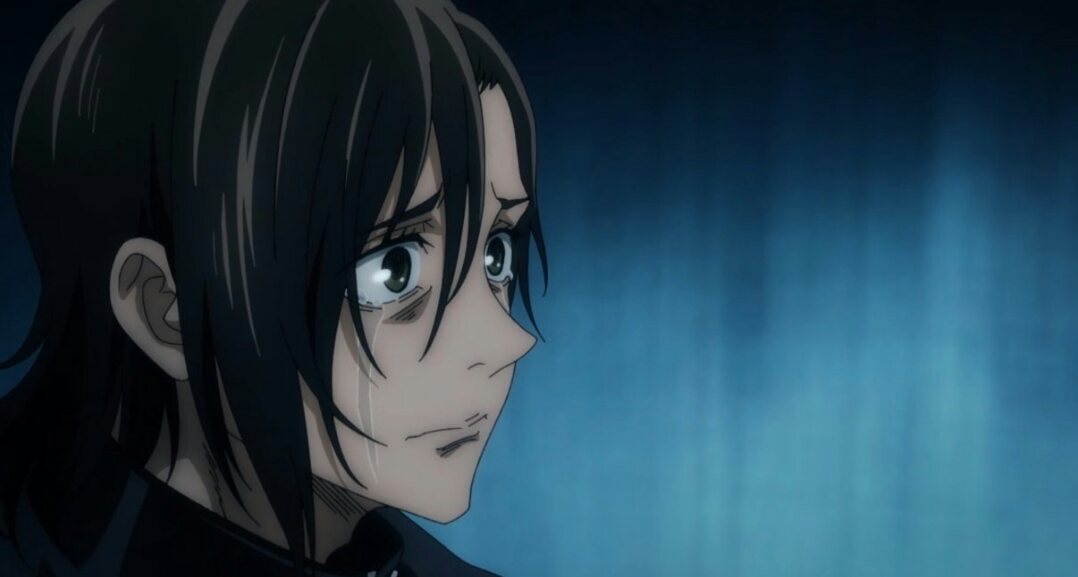
Adachi to Shimamura (11)
“Humanistic and honest with Adachi’s insecurities”
This was a sturdy semi-finale from Adachi to Shimamura and another clean articulation of the struggle of finding the strength to pursue what you want despite constantly viewing yourself as inadequate to do so. Eleven’s narrative this week is equally as thoughtful in practice as it is on paper – humanistic and honest with Adachi’s insecurities and weaknesses to be forthright with Shimamura. The moment-to-moment scripting never felt reductive, and often did a good job of contextualizing upcoming tension, and its monologues and conversation trees reflect those attributes, culminating in a finish that was a natural extension of Shimamura’s character rather than anything inorganic. Not all episodes can be rewarding with that sort of approach, but it certainly works here.
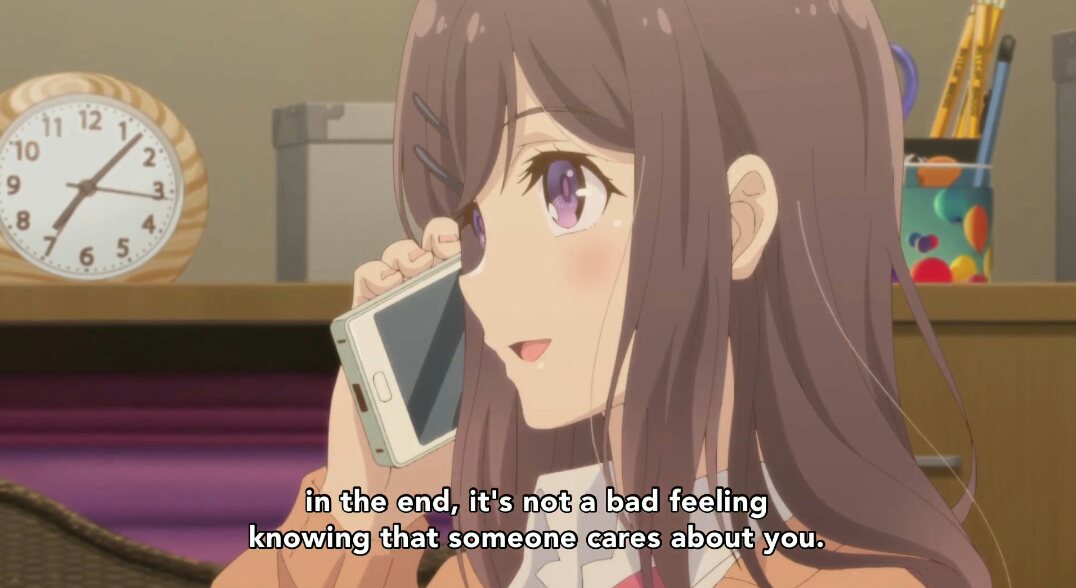
Akudama Drive (11)
“Not exactly boasting the most impressive twist but strongly creating an effective vehicle to deliver it in”
Good showing from Akudama Drive, offering one of its better contextual efforts all while presenting some interesting storytelling choices that made it a lot of fun. The “dream” reframing early on was nicely done – never fumbling on its narrative transitions despite leaning more on the abstract side, and bringing a welcomed insightful peek into Courier and Swindler’s lives. The rest of the content builds off of that: Episode eleven is labored and vivid throughout, not exactly boasting the most impressive “twist” but strongly creating an effective vehicle to deliver it in through a wide array of craft decisions nonetheless. Akudama Drive has largely been a frontward facing ride that does enough elsewhere to facilitate its strengths, and that holds true here.
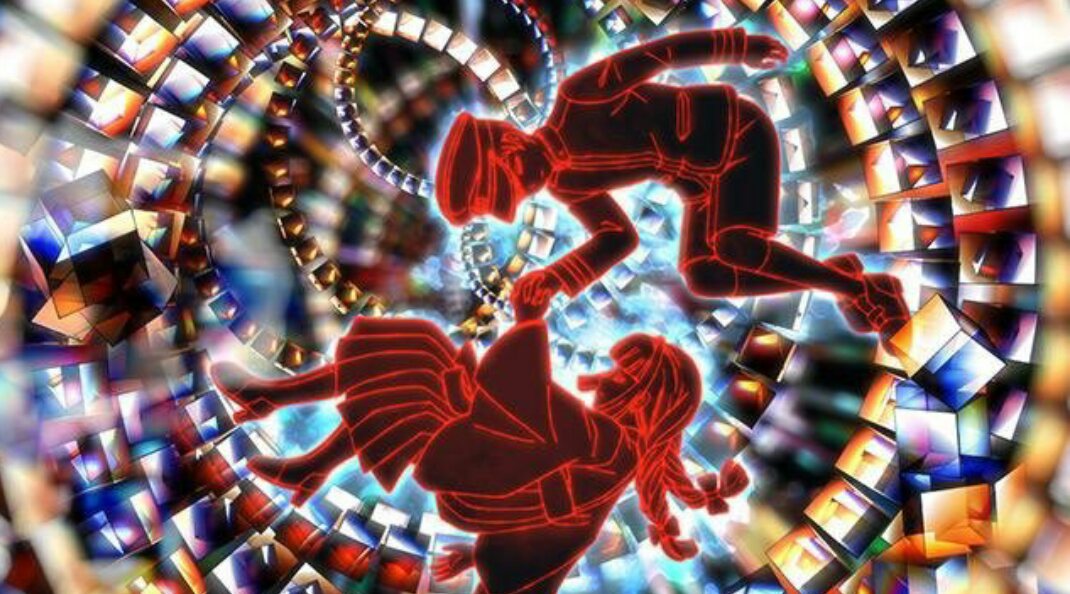
Munou na Nana (12)
“Accomplishes what it needs to do with little hassle or wrinkles.”
One more good turnout from Munou na Nana, not particularly concerned with its usual theatrics and mental tug of war but still being effective in a more conventional sense – essentially submitting one thick serving of methodical relationship building and pure character texture for Michiru and Nana until the ED comes on. For much of this Fall, this series has been firmly in control of the elements it deploys and quietly so, and Twelve is a testament to that: It isn’t flashy, but it accomplishes what it needs to do with little hassle or wrinkles. It’s a praise that doesn’t get sung, a factor taken for granted, and an appreciation that’s commonly developed after experiencing just how rough stories in this genre space can be. It’s nice to see Munou na Nana tell its story with conviction and clarity even when the material told isn’t as inherently thrilling.
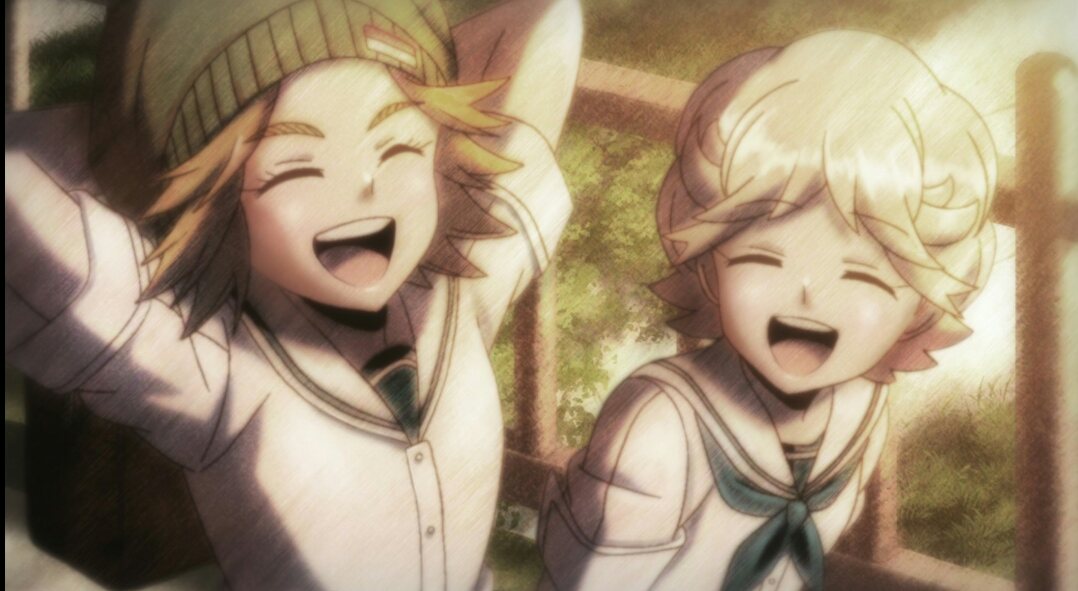
Tonikaku Kawaii (12)
“Doesn’t have a single noteworthy quality except for its overt wholesomeness”
Tonikaku Kawaii finally comes to a close without a true conclusion – offering one last twenty-minute chunk of the series spinning its wheels with its typical doses of cute and not much more. Unless you’re enthusiastic about a conventionally conducted summer festival episode, complete with yukatas, takoyaki, a group firework scene, and all the other worn tropes that come with such overplayed scenario writing, there’s really nothing of value to be had here – and that sentiment essentially sums this series as a whole. It doesn’t have a single noteworthy quality except for its overt wholesomeness: The audience never really learns about Tsukasa, our leading pair never develops beyond the first few episodes, and there’s really no semblance of plot here. In retrospect Tonikaku Kawaii is a very one-dimensional work, it’s all sugar no substance. And that’s okay for the genre spaces it resides in, but “okay” shows are a dime a dozen.
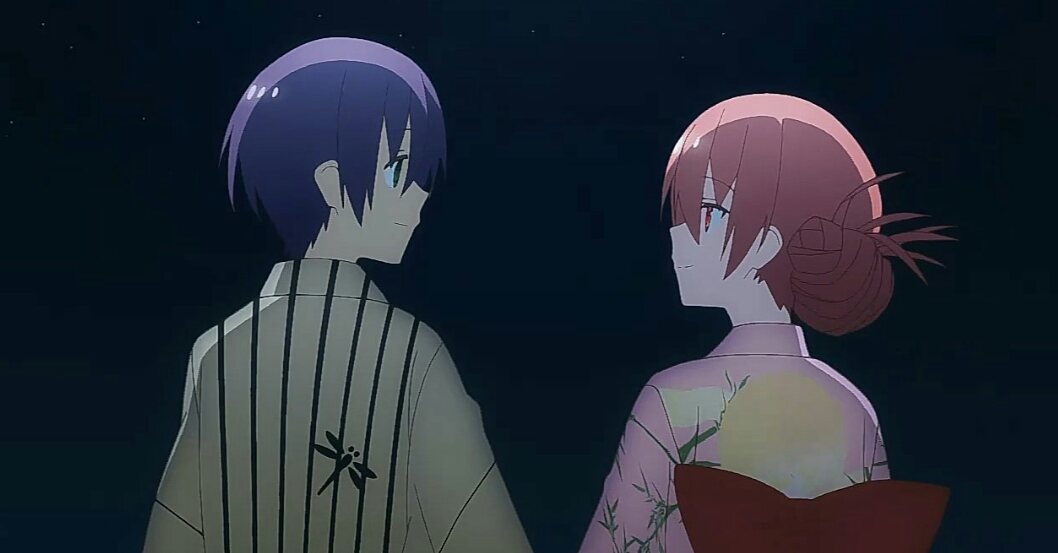
Kamisama ni Natta Hi (12)
“Just when you think this series can’t get any worse, it gets worse”
In an alternate world, this eleventh episode of Kamisama ni Natta Hi is poignant – crisp in the way it builds and conveys emotion and relentless in the heartstrings it wants to tug. It’s a firmly written affair where Youta’s challenge of reaching Hina despite her steep physical and mental impairments is tense and methodical, ending with a small yet rewarding victory as Hina’s near vegetable-like state and indifference towards Youta’s care shows slight positive signs of progression. But sadly, we’re not in that world. We’re in the world where Youta yells at and violently tries to force a heavily disabled girl to look at him, watches her “bathroom training” as she requires nurse assistance to use the toilet, and in a completely inept administrative oversight – exposes himself to not even be a legitimate employee at her care facility. Just when you think this series can’t get any worse, it gets worse.
